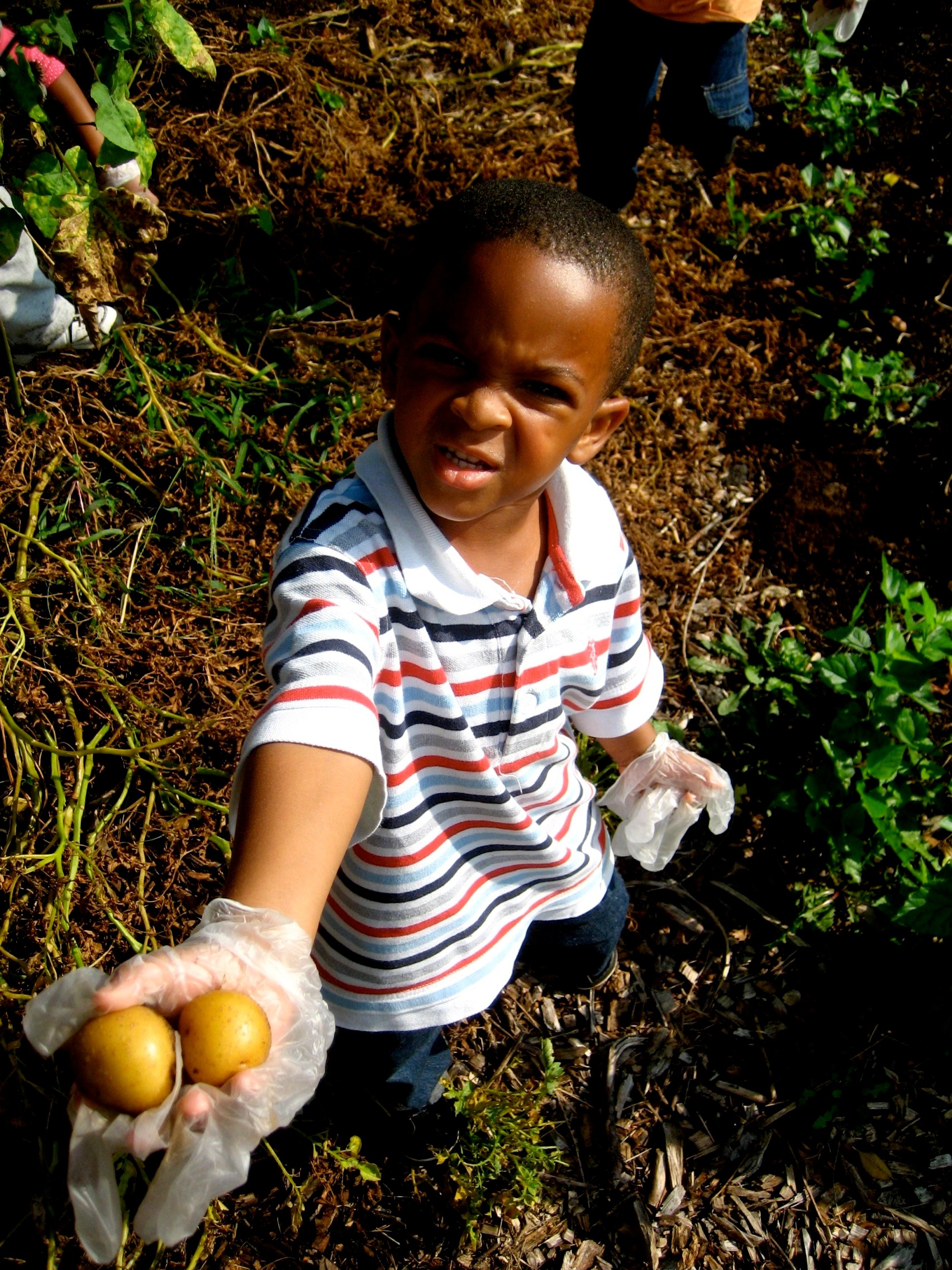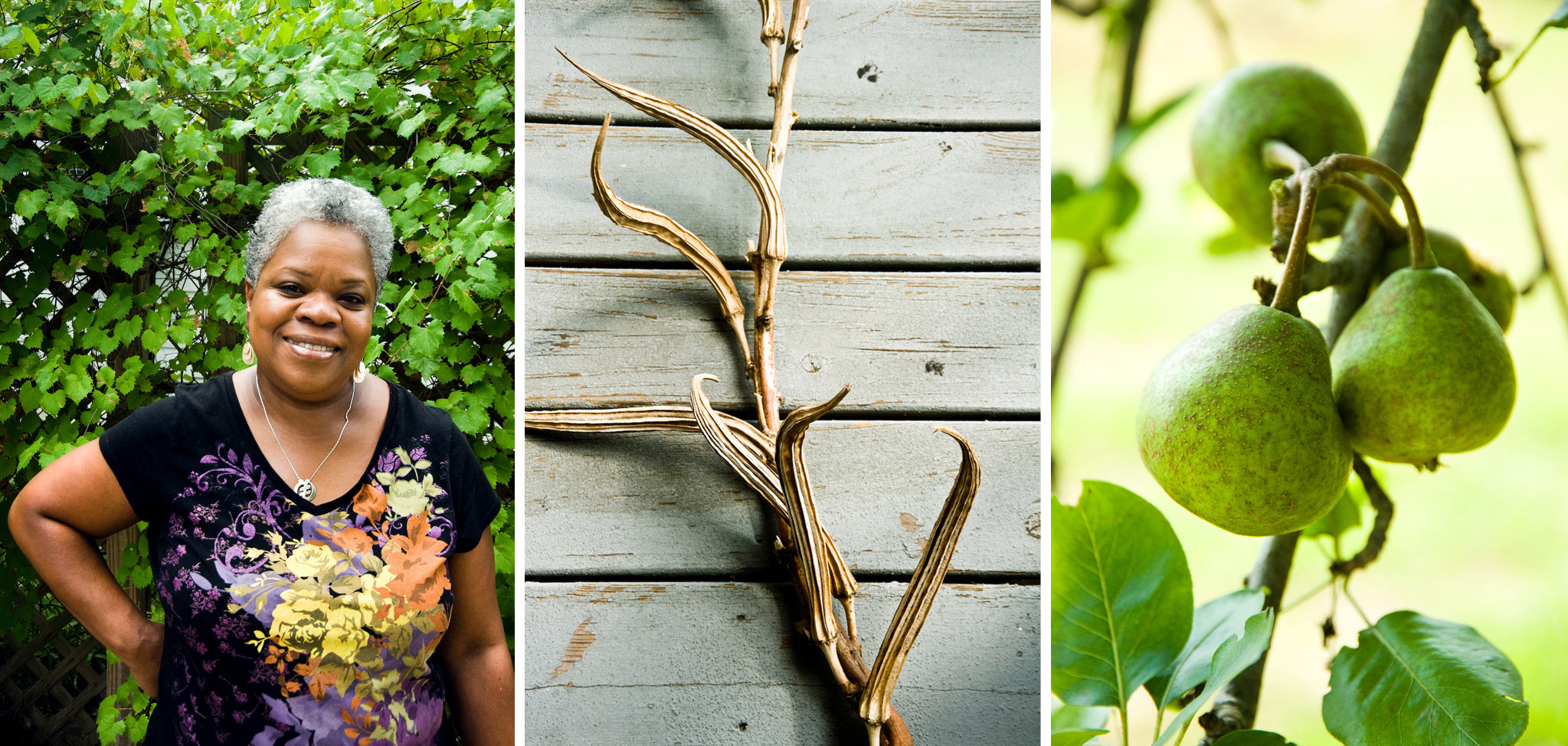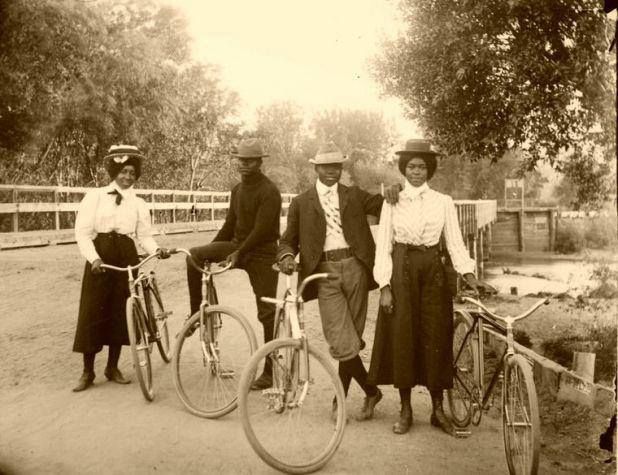So, as February continues on, the world of Black American Her/History Month, presses through in its celebration. There is just something magical about it being celebrated in 2020! And, with that comes another conversation. Who is February really for? A recent article on Yahoo.com (entitled “Don’t pit slavery descendants against black immigrants. Racism doesn’t know the difference,” by USA Today Opinion Contributor, Kevin Cokely) brought up another pertinent issue to the celebration of Black Her/History Month, and who is to be celebrated. It is an issue, that has been around for quite some time as it relates to the relationship between Black Americans, African, Caribbean, and Afro-Latina/o immigrants, who have recently arrived to the United States. It is a tense issue, and now, more than ever, it is truly needed. Yet, not in the way, that one is accustomed to hearing.
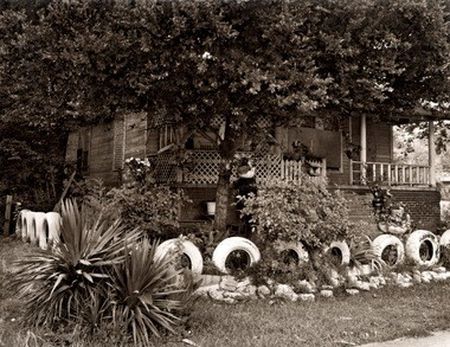
Black Americans were one of the few communities of the Diaspora, who did not get a country of their own, after the emancipation of slavery. However, we did form our own communities, institutions, social, and professional organizations, across the United States of America. And, of greater use, we created music and culture. Establishing diverse musical and cultural traditions overtime, because our circumstances required so. There is nothing cheap about Black America’s connection and creation of the American Dream, in US soiling. Nothing! Our “passports” and “citizenship” are not things, that can be bought with money. Or obtained, simply because one was born in the United States. That is not a slight. Simply, pure facts. Black Americans have more than papers and being born in a setting of land, foreign to them. We have a legacy. A heritage. We have a culture and herstory, that birthed a nation. In BAVE terminology, “it is what it is.”
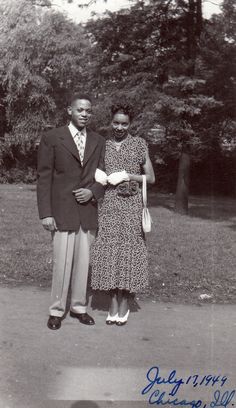
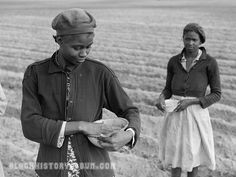
Within the article, there are clearly some major points that are missing. One of those being this prevalent energy, and imbalance, where Black Americans are not seen as having the natural right to protect, claim, and secure their communities and culture, as other groups are allowed to do so. This aura of shame and labeling of Black America, as “xenophobic” for doing what every other group is allowed to do. So, let’s address that first issue. Especially, as it pertains to the wellness and emotional well-being of having a space and place of your own. A garden that reflects your culture, what you have birthed, and receiving the benefits of that culture-especially, as a woman.
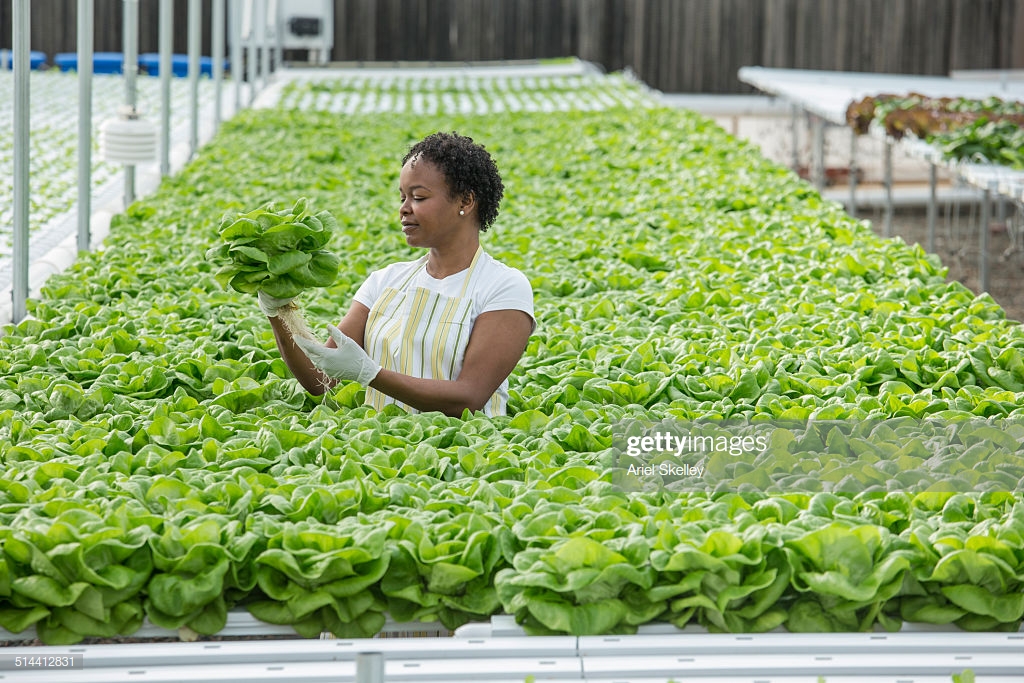

When a particular culture, people, or nation is birthed, there is a natural centralization of that community. The people center themselves, based on what unites them, as their common identity. That identity includes language, nation, culinary, culture, cultural attire, fashion, music, a shared her/history, the name that they call themselves, and others. In the context of Black America, fashion, music, culinary, BAVE (Black American Vernacular English), and the change in terminology (from which Black Americans call themselves), Black American people bring about a peculiar nature, when it comes to the centralizing of our culture. We did not get a nation of our own. And, while there is a rich her/history of strongholds for Black American communities all over the country, having a nation plays a strong role in keeping a community centralized. Which means that Black Americans have had to utilize our culture, music, shared her/history, educational institutions, social hubs, regions, and others as markers for our collective identity.

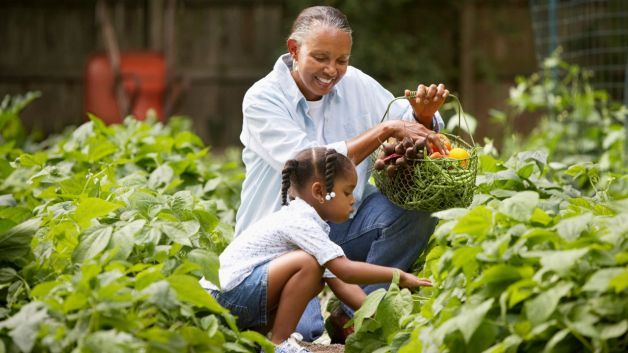
Its a given that other groups of people, because of their connection to a land (having a nation) are allowed to keep their identity in tact, be secluded, occupy particular areas in the US, and centralize their identity. Yet, for Black Americans, there is clearly a prevalent perception from outside groups, that Black Americans don’t have the right to secure, safeguard, and be the primary beneficiaries of our culture. That our existence is a free for all, for any and everyone to come in and enter as they please. Often with little to no regard for the feminine presence (Black American women). Liking, and wanting to exploit the culture, while ignoring (and even mistreating) the people (and especially, the women), who birth it. Exploiting the struggles, abuses, and oppressions inflicted on it, (by institutions of racism), while wanting to capitalize on it. When Black Americans decide to do such, they are met with the forbidden term. . .xenophobic. Or accused of having been “infiltrated” by White American hate groups. Nevermind the practices of many immigrant groups, who sided with institutions of racism against Black Americans, but that’s for another conversation.
What does it do to the self-esteem of a community when you feel that other groups are trying to own your own culture and existence? What does it do to the women of that culture when you feel your gardens to are overcrowded? Feminine energy not of your own making, entering into your spacing; soaking up the energy, as your gardens become shriveled by their parasitic ways. The eating of your fruits, finding comfort in your vegetation. And, yet, you are ignored and made invisible. Not only seen as invisible, by those, who enter, but as “foreigners,” who should be slowly weeded out; only to be re-placed by real foreign maidens, whose garden it is not. Clearly, that is the outside perception. And, yet Black Americans are told that they are “causing division,” or being “xenophobic,” for doing what every other group, naturally gets to do. Nothing can truly be our own is the energy. In exchange for self-preservation, we are treated as if we did something wrong because we dare to close ranks as other groups have done. Nevermind the fact that Black Americans have been more open and accepting than any other group. Including other groups in our celebrations, music, struggles, and overall culture. That same level of freedom, regarding Black Americans (and especially, Black American women) has not been given-especially, when it pertains to freely benefiting without equal reciprocation. Which means that the rationale for most groups not wanting Black Americans to centralize ourselves (and, especially keeping Black American women as the feminine presence of her own gardens), is so that they can continue to freely profit and benefit from our existence, without reciprocating to the same degree.
For Black American people (and, especially women) to protect, maintain, and preserve our own gardens, is one of the most nourishing, nutritious, and healing factors that we can do for ourselves. It means that a cleansing of toxicities from the garden is taking place. It means that Black Americans have a space, and place, where we can go to for the celebration, and centering, of our identity. Just as any other culture. It means that Black American women can re-explore and re-create our femininity, within these spaces. That these gardens celebrate our womanhood, and our Beings, as the feminine presence and representation of Black America. From this foundation, we are able to heal our communities. The men of our culture are restored. Balance and harmony comes into fruition. However, you can’t restore the garden, Black America if you 1.). have not centralized your identity 2.) continue to allow non-BA personnel/communities enter into your gardens, who are there to de-stabalize the gardens-with little care for healthy exchange.
For Black Americans to centralize, preserve, and protect our identity is not hateful. It simply means that we love ourselves enough, to exist. That we want to continue our culture for ourselves, where we will always have a place, a space, and gardens of our belonging. It doesn’t mean that we can’t enjoy, visit, and experience other cultures. It doesn’t mean that we cannot engage in healthy, holistic, and equally reciprocated dealings with other cultures and nations, who are willing to do so. And, yes! That includes members (cultures and nations) from the Caribbean, Afro-Latino/a, and African communities. That includes women from these communities, who when entering into Black America’s gardens, acknowledge, honor our womenfolk; and, in turn want to engage in holistic reciprocation with them. Whether it be resources, ideas, or what have you. But, many groups (including non-Black immigrant communities) have been freely exploiting Black America’s gardens, to her own demise. That also includes the women from such communities, who secretly view themselves as “more feminine,” “more beautiful,” and/or “more aesthetically pleasing representations of Blackness” than the maidens of Black American soiling. Entering into Black American gardens, and viewing themselves as being able to “elevate” Black America, better than Black American women. Though, they cannot birth, or authentically re-birth/reproduce these gardens. Unfortunately, this has occured with the help of self-hating Black Americans, and that component must be addressed, as well.
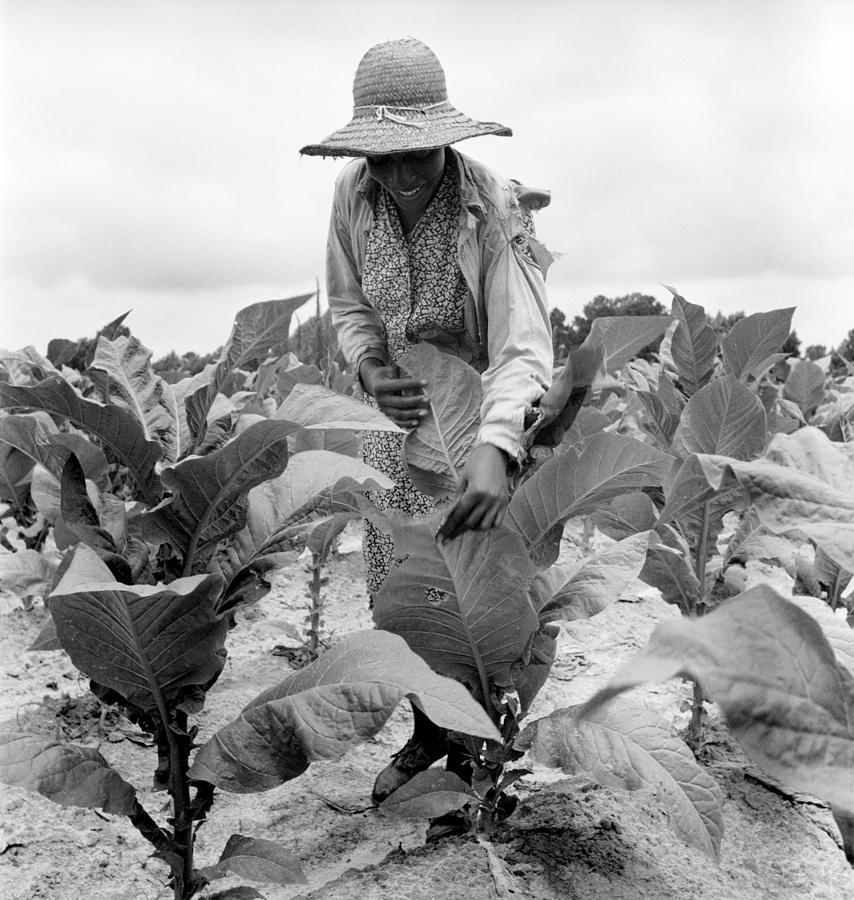
As we sit and reflect upon the significance of February, as “Black History Month,” the question we should ask is “who are we celebrating?” Well, there is a system of checks that we can use for such. Let’s ask ourselves a series of questions.
- What group of people have consistently been identified, based on their color, alone, in these United States of America?
- What group of people, as a culture, collective, and race, built the United States of America?
- What group of people have had to go into a transition into their linguistic identity, throughout different periods of time, in order to sustain their culture and identity in these United States of America?
- What group of people were stripped back into the rawness of Blackness, thereby, having to use that rawness to create in a place, that was anti-Black?
- Who is the founder of Black Her/History Month? What is the Her/History of the month?
- Who was Black Her/History founded for in the United States of America?
- What is the culture that created an authentically Black presence in the United States of America?
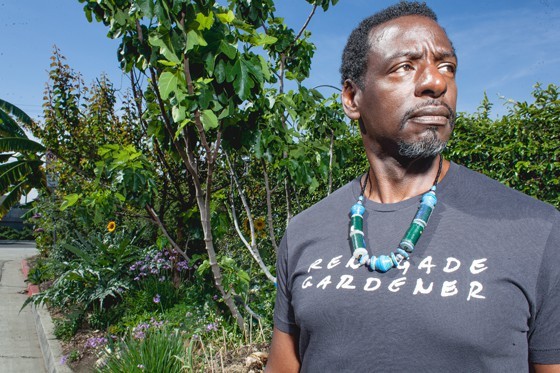
More questions can be created and asked, concerning this peculiar group of people. Yet, the common answer to all of these questions are two words: Black America. That’s the whole of it. No other people can lay claim to these particular experiences.
Black His/Herstory Month in the United States of America is a celebration of Black America. Her culture. Herstory. It is a celebration of our journey in the United States-present and future paths we must take. Our past, present, and future cultural traditions. Our presence and gardens. This does not mean that those, who immersed into, and contributed to our gardens cannot be highlighted, and celebrated. Whether it be members from the Caribbean, Afro-Latina/o, or African communities and nations. Yet, it must be articulated, that when they enter these gardens, there is a peculiar people, who live there and own them. That these gardens have an authentic, Maiden and feminine presence. In addition to contributing back to their own gardens, how have Caribbean, Afro-Latina/o, African, and other Black communities, utilized their presence in Black America to establish healthy alliances; thereby, creating a system of equal reciprocity. A respect of honoring the culture of Black America, and ridding one of the prejudices, and ignorance, that Black America is. . .”cultureless.”. Yes, those systems and alliances, do exist. Yet, more is needed. And, these tensions and divisions will not get solved by ignoring the realities, at hand. Flowery language of “we are all Black,” while ignoring the imbalances, will not solve anything. Oddly enough, a Haitian, Jamaican, Nigerian, Ghanaian, Trinidadian can have their own culture and identity. Yet, when it comes to Black America, “we are all Black,” so that all Black people can freely enter into our gardens. Dishonesty concerning the bias, double standards, and raping of Black America will only cause more resentment and distance. Lying about the practices of painting Black America, as without a feminine presence, that is aesthetically pleasing and beautiful (and how African, Caribbean, Afro-Latina, and other Black women have capitalized on that at the detriment of Black American women) will cause Black American women to shut down the conversation, all together.
It feels safe to have a garden/gardens of our own. It feels secure. It feels good. Knowing that one’s very existence is celebrated within particular spacing, because they come from that culture. Black America, let’s gather in the gardens. Let’s retreat in our own gardens when we find ourselves lonely, or in fear. Black American men, protect the gardens, so that you always have a space (and place) to be nourished and loved, by the women, who birth you. Black American women, when the stresses of the world overwhelm you, retreat to the gardens, so that your minds, bodies, and Spirits are re-born. That way, when you are nourished in your vegetation, that feminine energy is re-cycled back into your gardens. Rejuvenating your husbands, lovers, fathers, sons, daughters, grandfathers, grandmothers, uncles, aunt, sister friends, and overall community. Retreat and find holistic pleasures, in the gardens. . .that you own.
